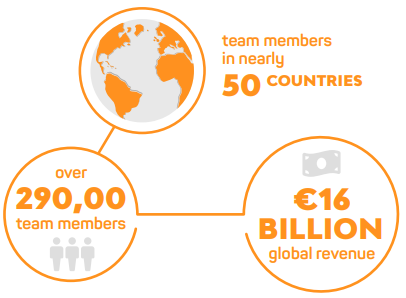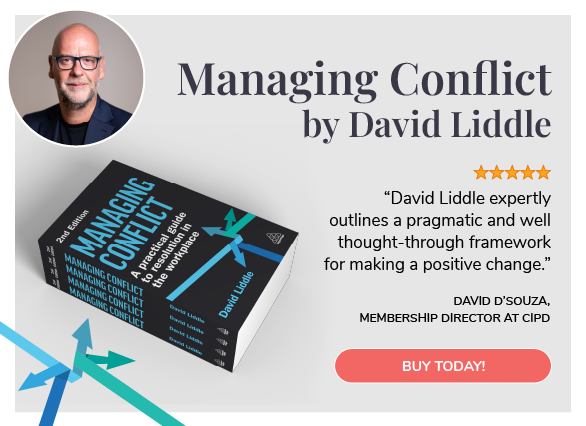
Download this case study


Read more case studies:
Reframing Resolution for Capgemini
Introduction
Capgemini is a global leader in consulting, digital information, technology, and engineering services, with over 290,000 team members in nearly 50 countries. In 2020, their global revenue was reported at €16 billion. Their ethos is to act innovatively, enabling services to “get the future” they want. In line with this, Capgemini sought to transform the policies and procedures in place within the organisation to reflect their forward-looking ideals.
From 2017 onwards, The TCM Group has worked exclusively with Capgemini to embed a mediation framework into the existing business model.

Targeting issues
Capgemini recognised the need for change in their conflict resolution processes. Cases were complex and wide-ranging, meaning that a sole focus on formal procedures was inappropriate for certain grievances. Due to the size and scope of Capgemini as a multinational organisation, it was important not to overrule existing policies, but compliment them to streamline values with procedures.
As such, a bespoke ‘Resolution Policy’ was developed and launched for all UK employees, furthering their investment in an Alternative Dispute Resolution agenda. This is now the ‘go to’ policy for any workplace dispute; Capgemini’s formal grievance procedures are still in place, but, where appropriate, cases now have the opportunity to be assessed and handled with a new alternative form of conflict resolution.
A representative from Capgemini explained that having observed many cases, despite a desire to have a completely constructive and supportive approach, a more formal procedure can damage workplace relationships and employee wellbeing. This is because the focus in a formal grievance procedure tends to be on perceived ‘wrongs’ rather than on acknowledging differences and mistakes yet looking to the future and restoring the working relationship wherever possible.
Making resolutions
The formal grievance procedure does not have a primary objective of bringing parties together, rather it is there to reach a verdict: usually for one party or the other. In contrast, alternative dispute resolution offers parties the opportunity to find their own solutions within a properly facilitated environment. It is an empowering process and requires ownership of the issues by the individuals.
We know from experience that this approach leads to more lasting solutions. Furthermore, we know that whilst there is demonstrable cost benefit to successful informal resolution, of equal importance is the employee relations impact i.e., for the individuals involved and for their colleagues who are also often impacted.”
Openness, honesty, and trust are the core tenets of Capgemini’s company values. Aligning employee relations by implementing informal resolution was integral to instil these guiding standards into every corner of the organisation. As a concept and process, mediation focuses on facilitated dialogue and safe communication, firmly mirroring Capgemini’s values.
Impacting culture
In the first year, following the launch of TCM’s Resolution Policy, Capgemini were able to resolve 49% of dispute cases informally. They were able to evaluate the sizeable cost saving by looking at the average hours spent per grievance case from the preceding year.
Without the Resolution Policy and the concerted ‘push’ to explore informal means in the first instance, most of these cases would have defaulted into the grievance procedure and moved on to appeal stage. If grievance and appeal stages failed to deliver the result required by the employee, then their unhappiness would continue and inevitably impact them and their team. Failing to resolve such issues early on creates a far-reaching impact to the business, hence Capgemini now regarding early dispute resolution as a business imperative.
So far, this approach has been universally well received by employees, managers, and employee representatives. Direct employee feedback demonstrates how much they valued the alternative dispute resolution approach, stating that it both alleviated their concerns and left them able to continue working within a cohesive and fully functional team.
Looking forward
The next phase for Capgemini in further embedding alternative dispute resolution is to roll out training to all HR Managers and to an identified pool of Business Managers. The training will be provided by an expert external organisation and will be focussed on equipping managers with the skills they need to effectively facilitate conversations between parties who find themselves in dispute. Capgemini believe this approach, when implemented by those in the business with the right skills and within a consistent operating framework, can be highly effective.
Capgemini also recognise that some matters call for a different approach and they will continue to engage external mediators for cases where they feel this is a more appropriate resolution method. Equipping managers with these transferable conflict management skills provides them with a great learning opportunity which will positively impact the business far beyond the sphere of employee dispute resolution.
“We will continue to monitor the impact of TCM’s approach and adjust and develop it as required. This approach also aligns with our core values of openness, honesty and trust and affects our desire to improve employee experience at all times.”





